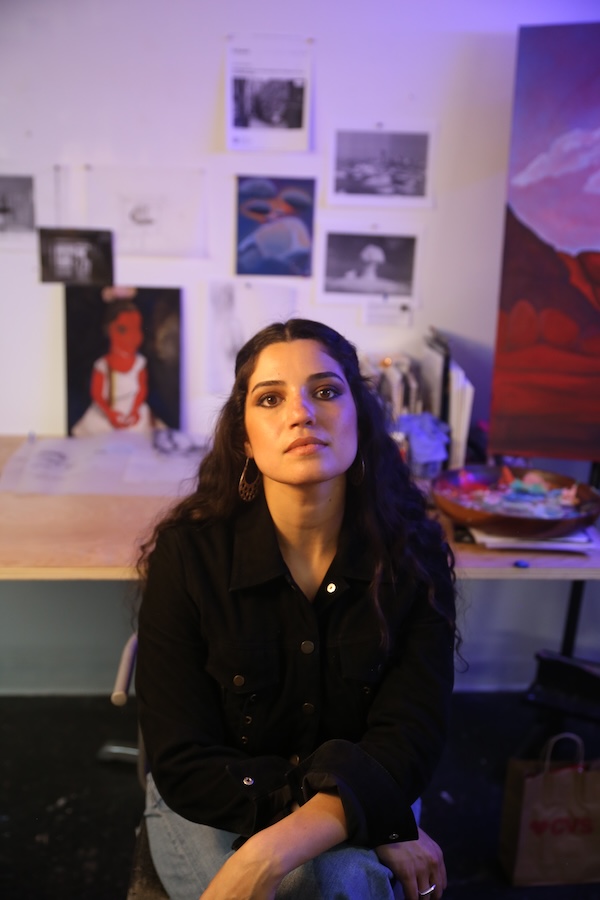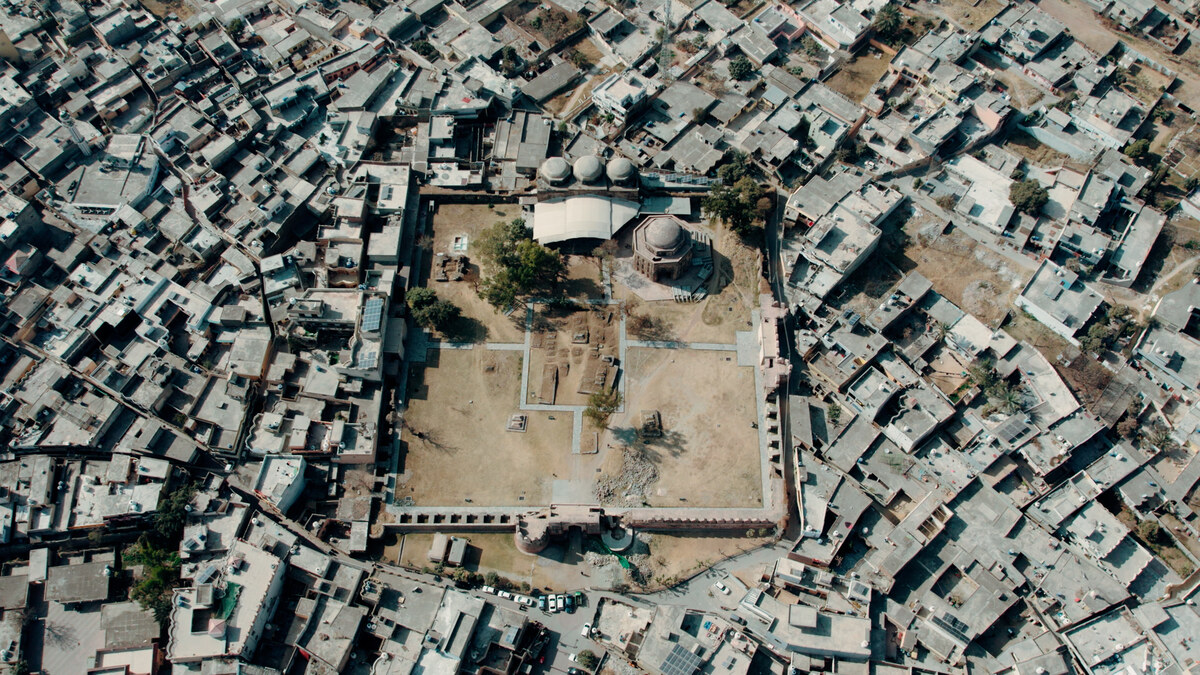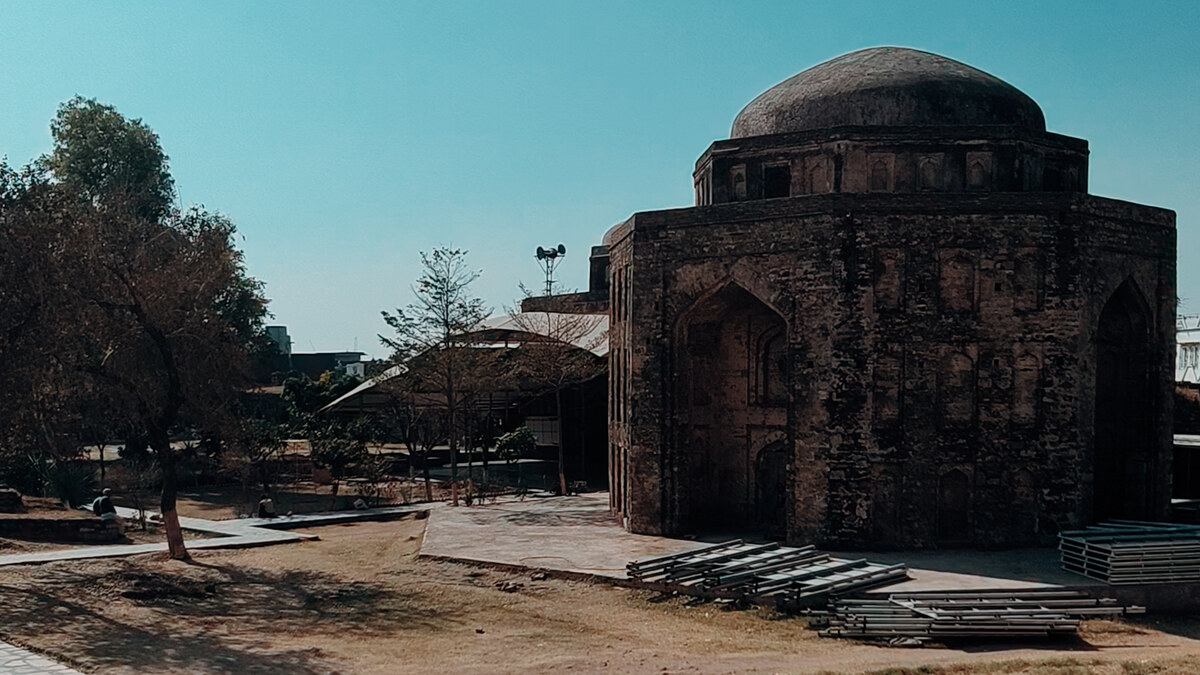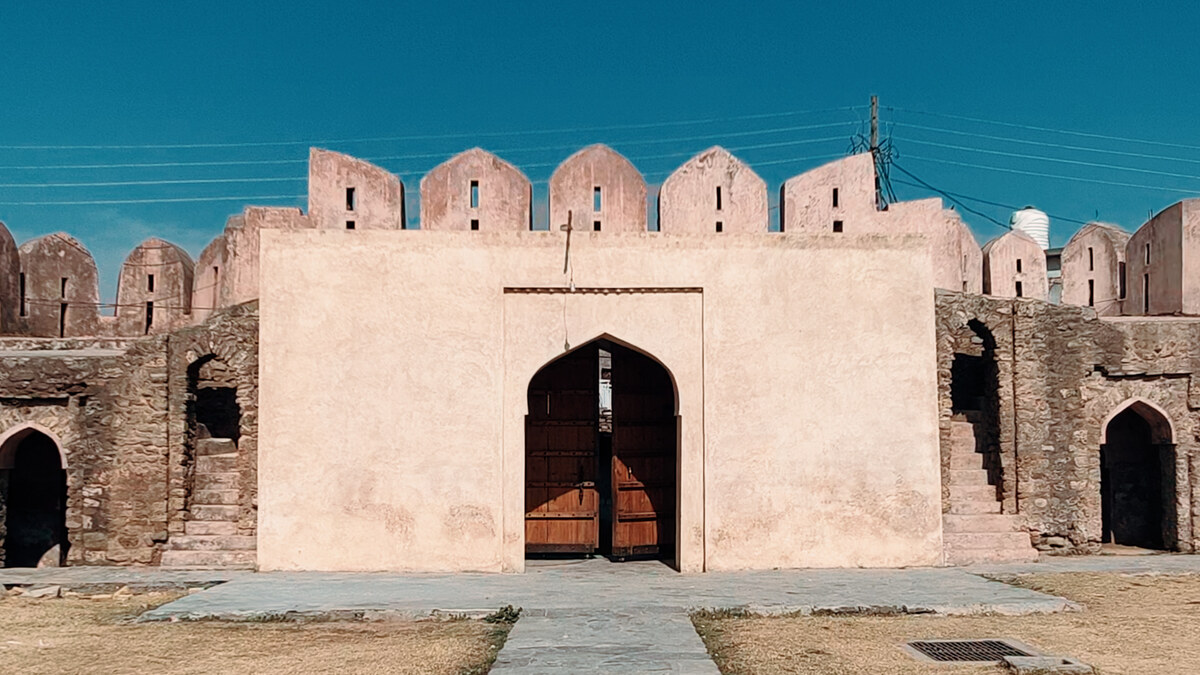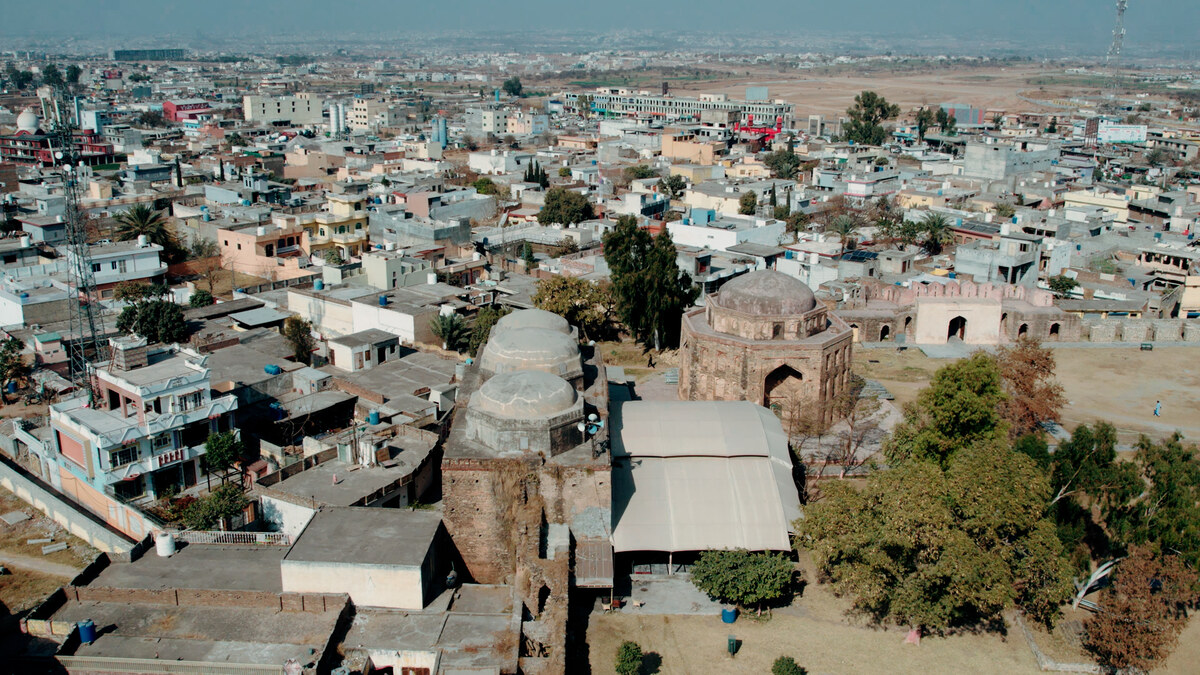DUBAI: Asteri Beauty is one of the fastest-growing brands in the Middle East. Its founder, Saudi entrepreneur Sara Al-Rashed, says Asteri is deeply rooted in the bond she shares with her two older sisters. When they were growing up, makeup was more than just a way of enhancing beauty — it was a way of expressing individuality.
“Before going to any event, I always passed by their rooms to make sure that I looked good or check if my makeup needed any fixing,” she said. “We always get ready together when we have a big event such as family weddings. We’ll get ready in the same space with a professional team doing our hair and makeup, and whenever any of us is done we ask the others’ opinions and share our input and change or fix the look.”
Shopping for cosmetics together and experimenting with new products was a cherished activity for the sisters, particularly on their holidays to the south of France. “On our travels, we always dedicated a day to shop for makeup and perfumes,” Al-Rashed told Arab News, adding that one of her fondest makeup memories was being glammed up by a professional team for her sister’s wedding. “It was such a treat,” she recalled.
But it’s not just makeup advice that Al-Rashed looks for from her sisters.
“Our relationship is very close; we’re not just sisters but best friends,” she said. “We spend a lot of time together inside and outside of work environments. Friends always make fun of us because we’re always together. Our favorite getaway is to travel and go to the beach to switch off.
“I consider my sisters my mentors — I always seek their advice when I feel stuck somewhere. We always push and support each other when things get difficult,” she continued. “We’re all different, so when one of us faces a difficulty, the others always support and give advice.”
After working in the UK as an interior architect, Al-Rashed returned to Saudi Arabia, where she ran the creative and design team at an events company the sisters had founded. But she had a vision for her own venture, even if that meant taking the tough decision to split up their professional partnership.
Fortunately, though, she says her sisters remained “very supportive” of her decision to pursue her passion.
“They helped me by mentoring me and guiding me through the difficult moments I had,” she said. “It’s crucial to have a support system every step of the way. The most critical step for me was the moment I launched the brand. It was a scary moment to show people what I had been working on for two years.”
Her sisters are not the only family members to have inspired her, either. Al-Rashed spoke fondly of her father’s influence on her personality.
“He always inspired me with how hard he works and how dedicated he is. His commitment to work, no matter the circumstances, taught us the importance of commitment to our duties,” she said.
It took Al-Rashed three years to bring her idea to market. Asteri Beauty hit the market in May 2023. Its products — made in Italy, Germany and Korea — are billed as vegan and cruelty-free and formulated without potentially harmful ingredients like mineral oils, microplastics, talc, parabens, and sulfates, she said.
But the major selling point of Al-Rashed’s products is that they are “desert-proof” — meaning they are specifically formulated to handle the region’s tricky climate, from high winds and excessive humidity to air-conditioning and ultra-dry heat.
Al-Rashed launched Asteri with a selection of more than 20 products — an unusual approach for a startup in the cosmetics industry. These initial offerings included bronzer, concealer, highlighter, eyeliner, lip balm, lipstick, lip gloss, lip liner, eyeshadow, mascara, kohl, brow gel, and blush, as well as tools such as eyelash combs and makeup pouches.
In the relatively short time since its launch, Asteri’s products have expanded to include tinted serums, foundations, concealers, color correctors, creamy blushes, blotting papers, tote bags and more.
“We have a great team dedicated to product development. Development takes a lot of time, so launching a product means that we have been working on it for 18 to 24 months beforehand,” Al-Rashed explained.
That time includes an intensive testing period during which Al-Rashed’s sisters, among others, review each new product and help her revise it, before laboratory testing ensures its stability.
“After going through all of that we work on the design and the name, then we start manufacturing,” Al-Rashed explained. “The development process is very complicated; it includes a lot of different stakeholders — from formulators to packaging and manufacturers. We make sure that with each product we give it as much time as possible to make sure the quality is perfect and that we love the product.”
Asteri’s Saudi heritage shines through in the little details. The juicy pomegranate flavor of Sweet Oasis Lip Gloss — a subtle nod to one of the region’s best-loved fruits. Throughout the Asteri Beauty collection, there are also shades and names inspired by the desert’s landscape and wildlife.
Al-Rashed’s powder products, including the bronzer and highlighter, incorporate Arabic calligraphy into their designs. The phrase “Sisters under the stars” (in Arabic) is stamped into pressed powders and adorns packaging and accessories.
“We aim for the best. I’m proud of what we achieved as a team so far, but I aim for more,” Al-Rashed said. “We’re aiming to open more stores and be more available for our customers, building more brand awareness locally and regionally.
“We have received a lot of good reviews, thankfully; customers have expressed a lot of pride that the brand is Saudi. Our customers love our products and enjoy their experience in our stores,” she continued.
Her ultimate goal is for Asteri to be “a global brand and to be the leaders in A-beauty on the global stage,” she said. “We hope to be viewed as on par with the international luxury brands available in stores all over the world.”









